I learned about another cognitive bias this morning – the curse of knowledge. Wikipedia explains.
The curse of knowledge is a cognitive bias that leads better-informed parties to find it extremely difficult to think about problems from the perspective of lesser-informed parties. The effect was first described in print by the economists Colin Camerer, George Loewenstein and Martin Weber, though they give original credit for suggesting the term to Robin Hogarth.
…
…researchers have linked the curse of knowledge bias with false-belief reasoning in both children and adults, as well as theory of mind development difficulties in children. The curse of knowledge bias reportedly decreases in degree for adults versus children, who experience exaggerated effects; however, it was also found that for adults: “knowledge becomes a more potent curse when it can be combined with a rationale (even if only an implicit one) for inflating one’s estimates of what others know”.
This has a lot of applications.


